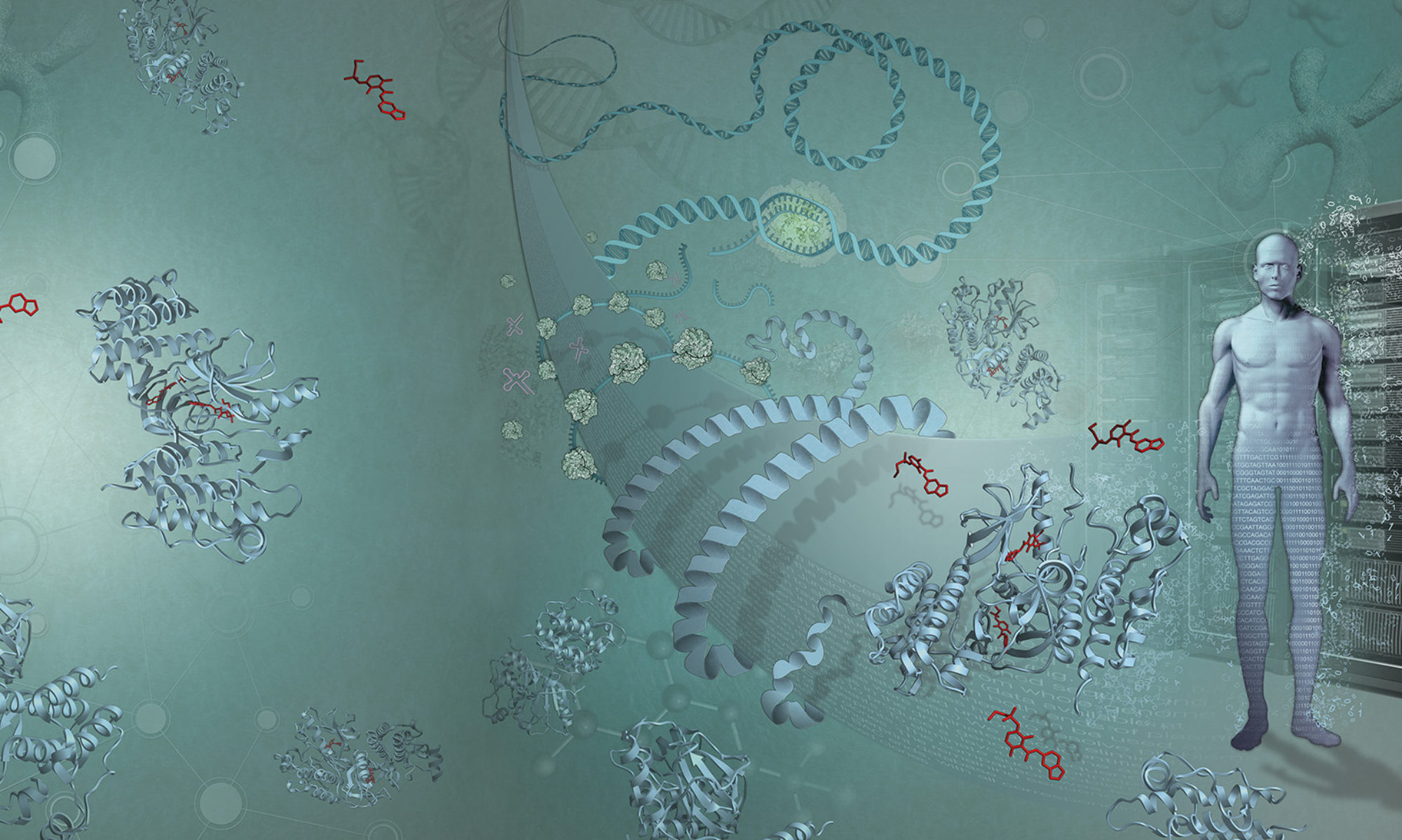Last week I was at a “Town Hall” meeting for the UK High Performance Computing community (or at least part of it) which has a lot of computer people rubbing shoulder with what used to be called “hard” science scientists; high energy physics, astronomers, modellers (particularly climate change/oceanography) and the odd molecular modeller/chemist. High beard/non beard ratio, and almost 1:1 Y to X chromosome ratio. From their perspective I was a straight up biologist (though from the biologist’s perspective, I am a computer scientist. The curse of being interdisciplinary is that you are often seen as on the outside of all the disciplines you span. Hey ho.).
At that meeting one person almost inadvertently stated the standard science hierarchy – something like (this is not a direct quote): we are here to serve the hard, mathematical sciences of physics and climate change, and bring in new quantitative sciences of molecular biology and even reach out to Arts and Humanities based research, such as Dance research.
At one level this is great – we (biology) are both fully acknowledged, and we’re no longer the newest in town! It’s the Arts and Humanities who are the newest.
But I do find it a bit frustrating, and when it came to my talk I ended a slide with a bullet point:
“Biology is a 1st class quantitative science”
I really believe this. You can’t really move in biology without having to do at least some number crunching, and the fully quantitative end of biology – be it genomics, image analysis or systems biology – has easily enough quantitative/mathematical/statistical meat on it to be totally at home with astronomy/physical chemistry or oceanography/climate science. And the extent to which biology is not quantitative I think is far more due to the 20 years of us getting away with “cartoon based” explanations of our data (which worked out fine for quite a long time realistically) and I dont think is inherent.
In short, in 50 years time I think biology will be (or should be) reunited to its quantitative roots where it started at the turn of the 20th Century, in particular the way that frequentist statistics developed mainly to tackle biological questions.
But this idea of Biology as a “soft” or “semi-soft” science is pervasive – in the expectations we have of students, in the way we train graduates, and in the way we deal with peer review on grants and papers. Even the Royal Society has an “A” section (old school “hard” science) and a “B” section (old school “soft” science). So we’ve got almost a generational change to execute here (which also concerns me; I am probably both interdisciplinary and intergenerational in this aspect. sigh).
There is a subtle but deep cultural change needed to place mathematics and statistics in a central position in biology; this has to go across every part of the science. I dont mean we all have to understand Fields, Tensors and high dimensional mathematical topology (and nor do most chemists/material scientists/climate modellers….), but just as a practicing physicist of any sort – from material science through to experimental physics must be mathematically conversant at some level – ditto chemist, ditto climate modeller, so every biologist must have some fundamental mathematical skills – mainly associated with statistics. It’s just part of the science we do.
So – say it proudly:
“Biology is a 1st class quantitative science”

Ocean/climate modellers are as much a bunch of empirical, parameter fiddling pansies as system biologists. They just have a 10 year head start.
I completely agree, but I think the one thing that gives it this perceived notion that it isn't hard is that students want to do Biology because they hate math! I'm a Physics PhD student that focuses on Biology and I TA-ed a general Physics lab and all the students I had that were Bio told me they liked science but didn't like Math so they study Biology. Giving it a bad name…